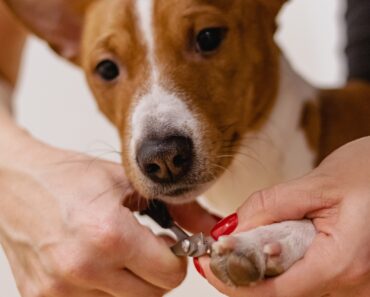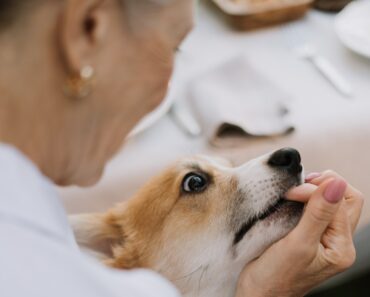There are many things that dogs should never put in their mouth; one of them is wild animals, including a mouse or rats. Ideally, you should keep your dog away from areas with rats or mice if your pup finds a rat and picks it in his mouth. What should you do in that situation?
Your dog should be perfectly healthy, and you should never worry if your dog puts a rat in his mouth for a shorter duration. But, if the rat is dead and your dog bites it or keeps it in his mouth for a longer duration, then there is a possibility that the rat may transmit any harmful disease or bacteria to your pup. So, you must keep a close eye on your dog and watch for any abnormal signs/symptoms.
If you notice that your dog is acting unwell after recently putting the rat in his mouth, you should immediately see a veterinarian. Inform the veterinarian of what has happened and describe your dog’s symptoms to them. This will assist the veterinarian in determining the most appropriate course of treatment for your dog.
What is the disease that can be transmitted from rat to dog?
Rats are known to carry a wide variety of illnesses, not all of which are capable of being transmitted to dogs. Rats are known to be carriers of a variety of diseases, and the CDC lists the following among them:
- Rat-Bite Fever
- Lassa Fever
- Salmonellosis
- Leptospirosis
- Plague
Because rats may spread illness through their blood, it is possible for a dog to get contaminated through its mouth if it kills a rat. Rats can transfer diseases to dogs. However, even if they just put the rat in their mouth, they might transmit bacteria if it is on the rat’s hair. Even if the dog does not get infected with the sickness, they still pose a risk to humans since they can transport the germs through their mouths, as well as any parasites they may have picked up from the rat.
Although this may sound frightening, it is vital to remember that for the sickness to be passed on to the dog or any people; several conditions must first be met. Even while rats have the potential to spread illness, this does not always indicate that they will. If the dog has been vaccinated and dewormed as recommended, the likelihood of this happening is significantly reduced.






